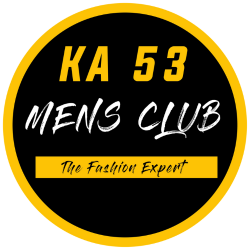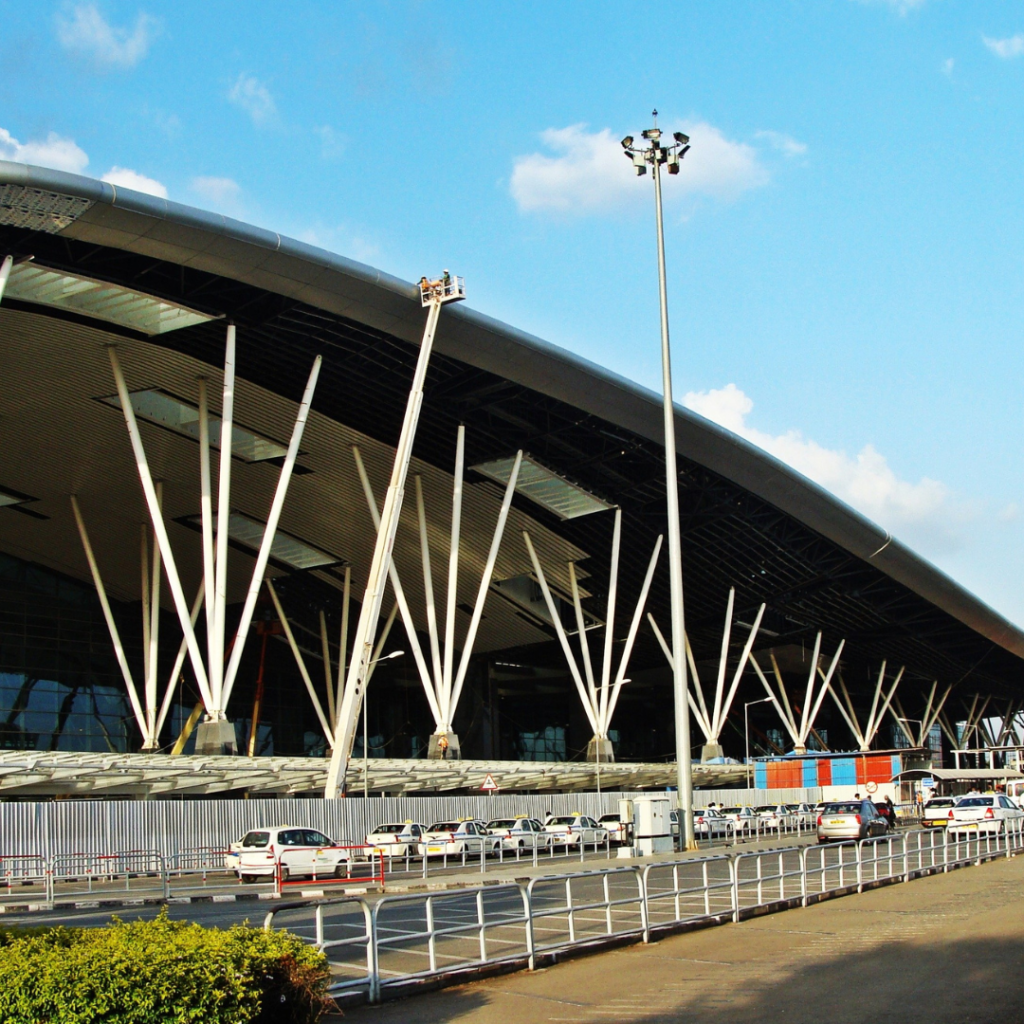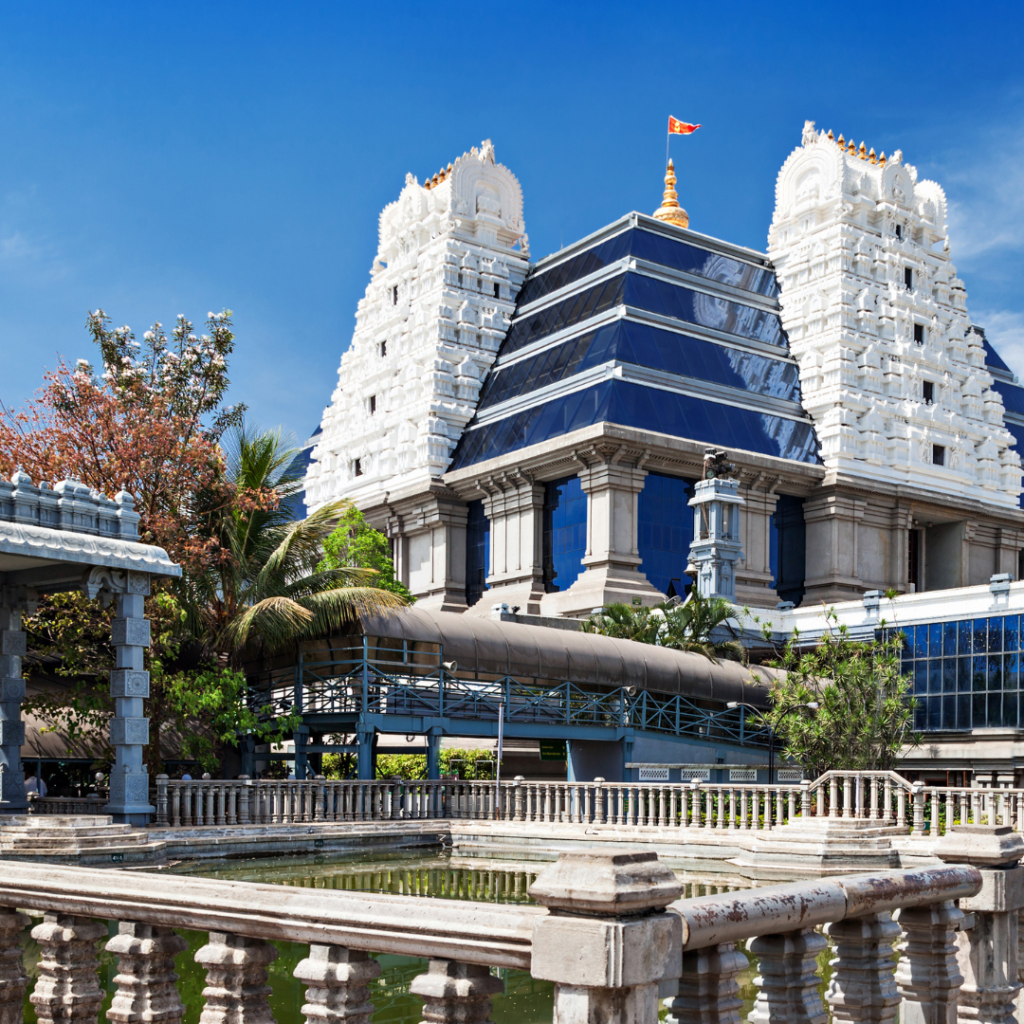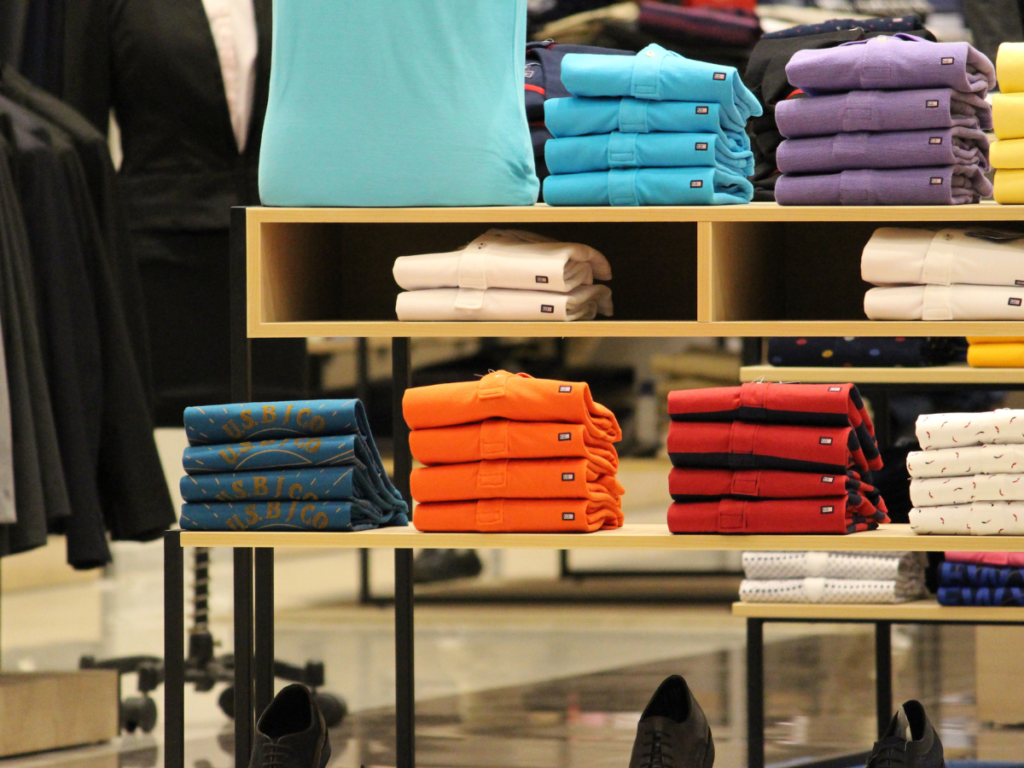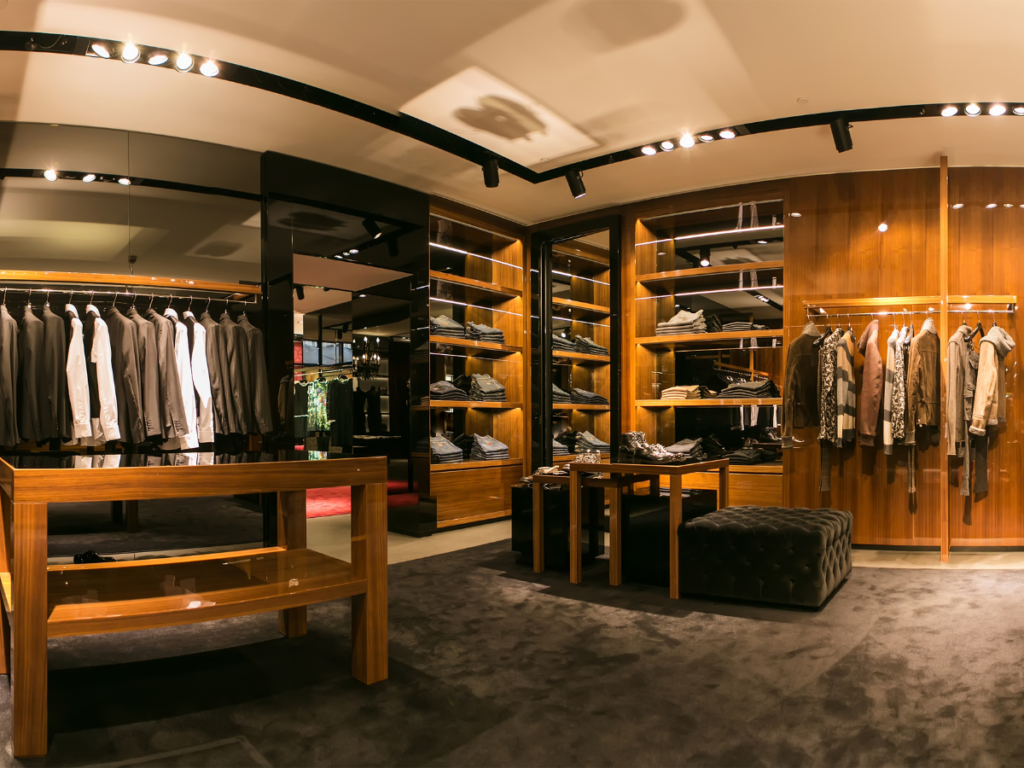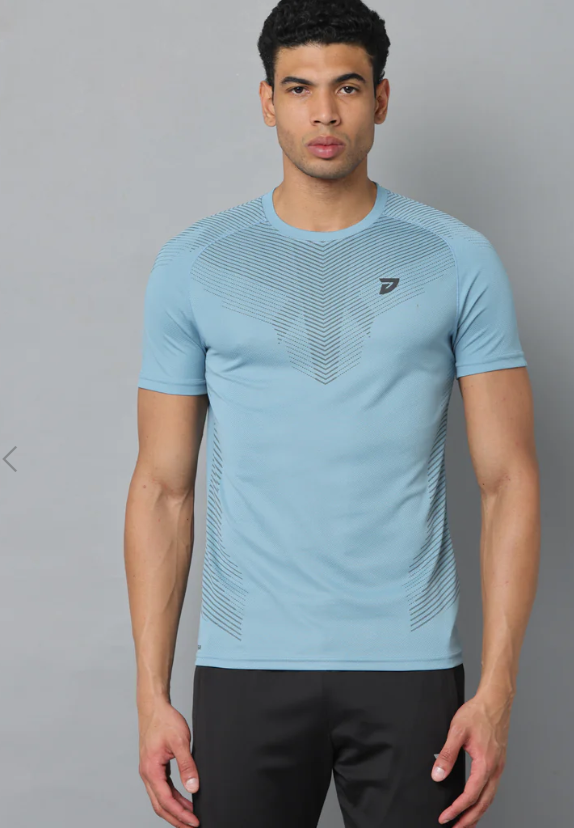Ecosystem of Bangalore: A Comprehensive Exploration
Understanding Bangalore: India’s Green Technology Hub
Bangalore, often called India’s Silicon Valley, represents a unique blend of traditional heritage and modern innovation. As one of India’s fastest-growing metropolitan areas, Bangalore has evolved from a small settlement into a global technology hub while maintaining its ecological significance.
Key Statistics of Bangalore
Bangalore’s Historical Journey: From Garden City to Tech Capital
Bangalore’s Historical Journey: From Garden City to Tech Capital
Ancient Bangalore (9th-17th Century)
- Original Settlement
- Founded by Kempe Gowda I
- Strategic location in Deccan Plateau
- Agricultural prominence
- Early water management systems
- Cultural Development
- Emergence as trading hub
- Religious center
- Architectural innovations
- Military significance
Colonial Bangalore (18th-20th Century)
British Influence on Urban Planning
- Introduction of boulevards
- Creation of cantonment area
- Development of public spaces
- European architectural elements
- Railway connectivity
Botanical Heritage Development
- Lalbagh Botanical Garden
- Established: 1760
- Area: 240 acres
- Species count: 1,854
- Heritage trees: 100+
- Cubbon Park
- Established: 1870
- Area: 300 acres
- Native species: 6,000+
- Daily visitors: 15,000+
Bangalore’s Biodiversity Hotspots
Urban Forest Coverage
Major Green Spaces in Bangalore
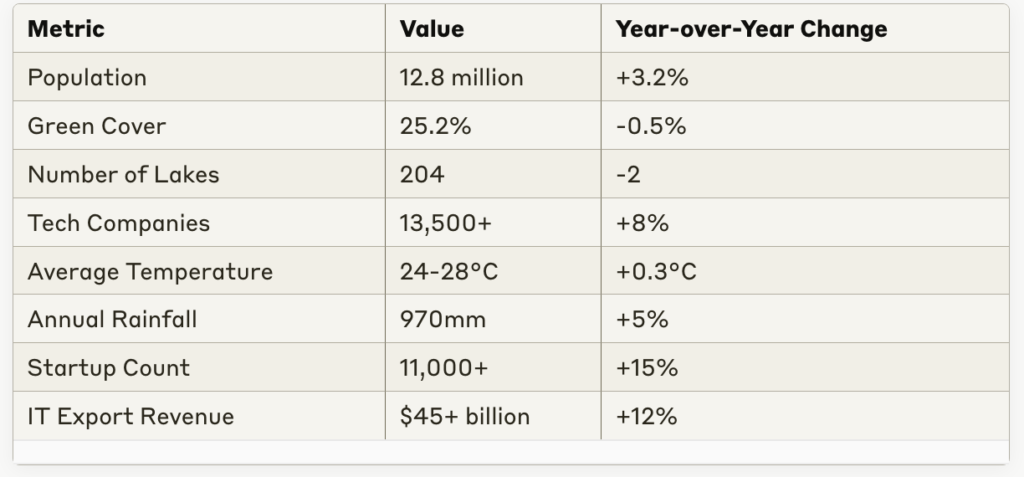
Modern Bangalore: Environmental Challenges and Solutions
Air Quality Management
Air Quality Index (AQI) Trends in Bangalore

Water Resources in Bangalore
Lake Ecosystem Status


Key Highlights of Bangalore’s Evolution

Bangalore’s Population Growth

The Natural Heritage of Bangalore
Flora Distribution in Bangalore

Native Species Inventory
- Trees
- Indian Almond
- Rain Tree
- Gulmohar
- African Tulip
- Shrubs
- Indian Hawthorn
- Hibiscus
- Lantana
- Jasmine
- Herbs
- Holy Basil
- Mint
- Curry Leaf
- Lemongrass
The Natural Heritage of Bangalore
Biodiversity Profile
Flora Statistics in Bangalore

Bangalore’s Wildlife Ecosystem
- Over 300 bird species
- Native mammals including:
- Indian Palm Squirrel
- Common Mongoose
- Diverse reptilian population
- Rich insect biodiversity
Environmental Challenges Facing Bangalore
Air Quality Metrics in Bangalore

Water Crisis in Bangalore
Water Availability Trends

Economic Landscape of Bangalore
Industry Distribution

Cultural Heritage of Bangalore
Traditional Practices
Festival Calendar in Bangalore

Sustainable Future Roadmap for Bangalore
2030 Targets for Bangalore

Community Initiatives in Bangalore
Citizen Participation
Active Community Groups in Bangalore

Educational Impact on Bangalore’s Ecosystem
Environmental Education

Future Projections for Bangalore – 2040 Vision for Bangalore

2040 Vision for Bangalore

Technology Integration in Bangalore’s Environmental Management
Smart City Initiatives
Digital Solutions for Environmental Monitoring

Environmental Technology Startups in Bangalore
Focus Areas and Impact

Community Initiatives in Bangalore
Future Projections for Bangalore (2025-2030)
Environmental Goals
Target Metrics

Educational Outreach
Environmental Education Programs

Citizen-Led Environmental Programs
Success Stories
- Lake Conservation
- Puttenahalli Lake Revival
- Jakkur Lake Ecosystem
- Kaikondrahalli Lake Community
- Bellandur Lake Cleanup
- Urban Farming
- Terrace Gardens
- Community Farms
- Vertical Gardens
- Hydroponics Projects
Priority Projects
- Transportation
- Metro expansion
- Electric bus fleet
- Cycling infrastructure
- Pedestrian zones
- Energy
- Solar power integration
- Wind energy projects
- Waste-to-energy plants
- Smart grid implementation
Key Initiatives:
- Construction regulations
- Habitat restoration
- Wildlife protection
- Green space preservation
Bangalore: Where Innovation Meets Tradition
Welcome to Bangalore, the dynamic heart of India’s technology and culture. Known as the ‘Silicon Valley of India,’ this vibrant city blends a rich historical heritage with a modern, innovative spirit. From its lush gardens and stunning parks to a thriving culinary scene and bustling markets, Bangalore offers something for everyone. Experience the warmth of its diverse communities, explore cutting-edge startups, and immerse yourself in a city that celebrates both its traditions and its future. Discover Bangalore, where every street tells a story and every visit leaves a lasting impression.
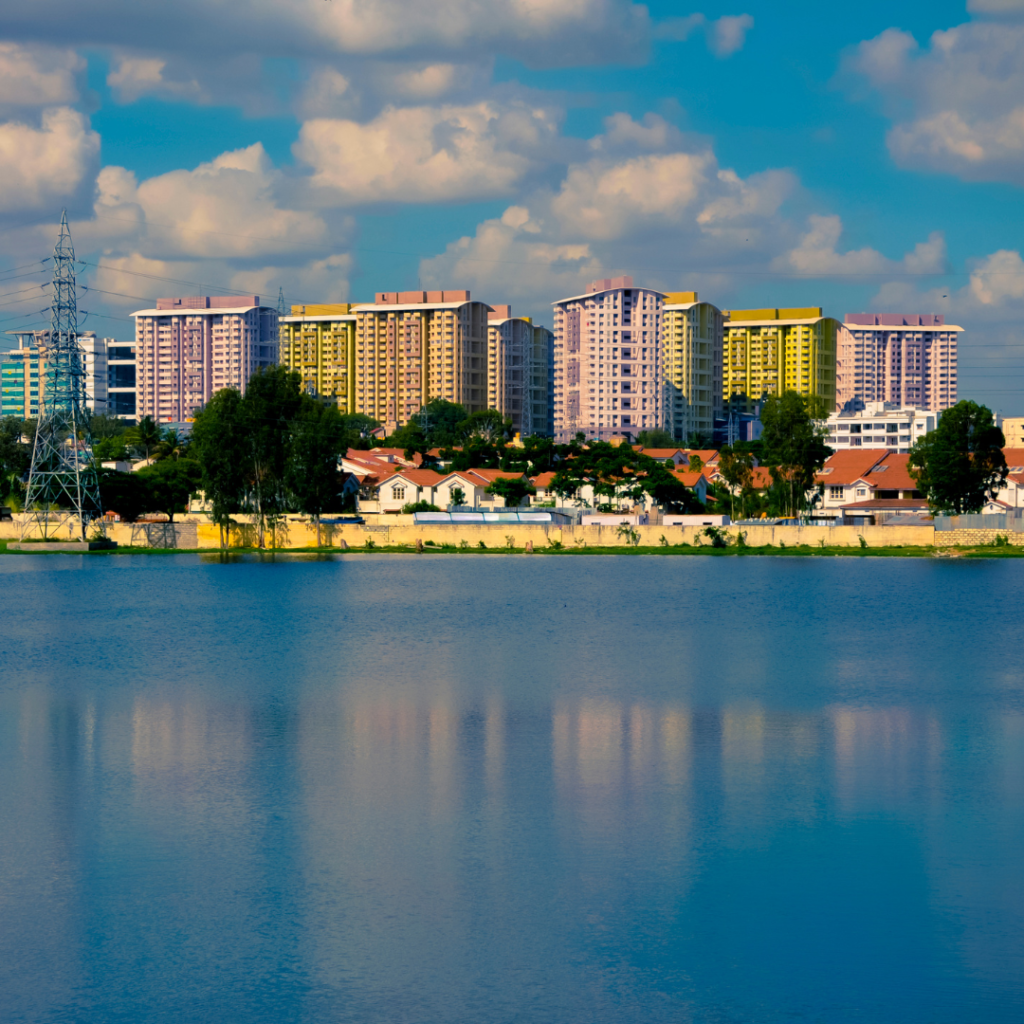
Recommendations for Bangalore’s Sustainable Growth
Priority Areas
- Water Conservation
- Air Quality Management
- Waste Management
- Green Transportation
- Urban Forestry
Implementation Timeline

Exploring the Vibrant Ecosystem of Bangalore’s Fashion Retail
Introduction: Bangalore’s Sartorial Tapestry
Bangalore, the bustling metropolis of India, is renowned for its dynamic and diverse fashion retail landscape. As the city has evolved over the centuries, its clothing ecosystem has mirrored the cultural shifts, economic changes, and technological advancements that have defined its growth. From traditional textile hubs to contemporary fashion boutiques, Bangalore‘s men’s clothing stores have carved out a unique identity, catering to the diverse preferences of its discerning consumers.
Historical Context: The Roots of Bangalore’s Textile Legacy
Bangalore‘s fashion retail landscape has deep roots in the city’s rich textile heritage. During the ancient and medieval periods, the region was known for its vibrant agricultural practices and the emergence of small settlements. The establishment of the Vijayanagara Empire in the 14th century marked a significant turning point, as Bangalore began to grow in importance due to its strategic location, facilitating the development of cultural and economic centers.
The Rise of Textile Production
One of the key drivers of Bangalore‘s early growth was its thriving textile industry. The region was known for its production of silk and cotton, with local artisans and weavers honing their craft over generations. This cultural exchange and the influx of various communities to the city contributed to the evolution of distinct fashion styles and textile techniques.
Colonial Era Developments
The arrival of the British in the 19th century further shaped Bangalore‘s clothing retail landscape. The colonial administrators introduced modern retail practices and Western fashion influences, leading to the establishment of tailoring shops and the emergence of the first shopping malls in the city.
Diverse Segments of Men’s Clothing Retail in Bangalore
Bangalore‘s men’s clothing retail ecosystem is characterized by a diverse array of segments, each catering to the unique preferences and needs of its consumers.
Traditional Wear
Traditional garments, such as kurtas, pajamas, and sherwanis, continue to hold a prominent place in Bangalore‘s fashion landscape. Renowned stores like Nalli Silks have established a strong reputation for their exquisite silk collections, while also offering a range of traditional menswear options.
Western Wear
The demand for Western-style clothing has surged in Bangalore, with both domestic and international brands establishing a presence in the city. From casual wear to formal attire, the retail landscape caters to the evolving preferences of the modern consumer.
Activewear
The rise of fitness culture has fueled the growth of the activewear segment in Bangalore. Specialized brands like KA53 Men’s Club and Track Pants Online have emerged, offering stylish and functional sportswear that seamlessly transitions from the gym to everyday wear.
Spotlight on KA53 Men’s Club: Redefining Activewear in Bangalore
KA53 Men’s Club, a prominent player in Bangalore‘s activewear market, has gained significant recognition for its innovative and versatile product offerings, particularly its range of track pants.
Crafting Functional and Fashionable Track Pants
KA53’s flagship product, the KA53 QuickDry Track Pant, is designed to cater to the active lifestyle of the modern Bangalore man. Crafted from premium 4-way Lycra fabric, these track pants offer unparalleled comfort and freedom of movement, making them a go-to choice for both workouts and casual outings.
Key Features of KA53 QuickDry Track Pants
- 4-Way Lycra Fabric: Provides exceptional flexibility and stretch, allowing for unrestricted mobility during physical activities.
- YKK Zippers: High-quality zippers ensure easy ventilation and convenient access to pockets.
- Fade-Resistant Colors: Maintains vibrant hues even after multiple washes, ensuring longevity.
- No Bubbling: Engineered to resist fabric pilling, preserving the track pants’ sleek appearance.
Competitive Pricing and Online Presence
Priced at approximately ₹1,099, the KA53 QuickDry Track Pants offer a compelling value proposition, making them accessible to a broader consumer base without compromising on quality. Additionally, the brand has established a robust online platform, allowing customers to conveniently browse and purchase their products, complete with detailed product descriptions and customer reviews.
Sustainable Ethos
Aligned with the growing demand for eco-conscious fashion in Bangalore, KA53 Men’s Club has incorporated sustainable practices into its operations. The brand’s production methods prioritize environmental responsibility and social accountability, reflecting the city’s broader shift towards sustainable consumption.
Challenges Facing Bangalore’s Clothing Retail Ecosystem
Despite the vibrancy of Bangalore‘s men’s clothing retail sector, the ecosystem faces several challenges that require strategic responses.
Competition from Fast Fashion
The rise of fast fashion brands, known for their affordable yet trend-driven offerings, poses a significant challenge to sustainable retailers in Bangalore. Consumers often prioritize price over environmental and ethical considerations, making it difficult for eco-conscious brands to compete.
Supply Chain Issues
Sustainable fashion brands in Bangalore may encounter difficulties in sourcing materials that align with their eco-friendly values. The limited availability or higher costs of sustainable fabrics and raw materials can hinder their production capabilities and overall competitiveness.
Consumer Awareness
While awareness about sustainability is growing in Bangalore, many consumers still prioritize price and convenience over the environmental and social impact of their purchases. Educating the public and fostering a deeper understanding of sustainable fashion practices remain crucial.
Emerging Trends Shaping Bangalore’s Clothing Retail Landscape
As Bangalore continues to evolve as a fashion hub, several trends are poised to shape the future of the city’s clothing retail ecosystem.
Increased Demand for Sustainable Practices
Driven by heightened environmental consciousness, Bangalore‘s consumers are increasingly expecting brands to demonstrate transparency and accountability in their sourcing and production processes. This shift presents opportunities for sustainable fashion labels to differentiate themselves and cater to the growing market for eco-friendly clothing.
Integration of Technology
The rise of e-commerce and digital marketing strategies have become integral to the success of clothing retailers in Bangalore. Brands are leveraging online platforms and social media to reach wider audiences, enhance customer experience, and facilitate seamless shopping journeys.
Focus on Local Artisanship
Bangalore‘s consumers are showing a growing appreciation for products that reflect the city’s cultural heritage and support local artisans. Collaborations between designers and traditional craftspeople can foster innovation while preserving unique textile techniques and craftsmanship.
Socio-Economic Impacts of Bangalore’s Clothing Retail Ecosystem
The clothing retail sector in Bangalore has far-reaching socio-economic implications for the city and its residents.
Job Creation
The clothing industry in Bangalore provides employment opportunities across various segments, from manufacturing and retail management to fashion design and marketing. The growth of the sector contributes to the overall economic development of the city.
Cultural Identity
Fashion in Bangalore plays a vital role in expressing the city’s cultural identity. Traditional clothing stores help preserve local heritage, while contemporary boutiques reflect the city’s evolving style and global influences, fostering a dynamic cultural exchange.
Economic Growth
As a major urban center, Bangalore attracts investments in retail infrastructure, which in turn contributes to the city’s overall economic growth. The fashion industry’s reputation as a hub for creativity and innovation can also enhance Bangalore‘s appeal as a tourist destination.
Successful Sustainability Initiatives in Bangalore
Bangalore has witnessed the emergence of several inspiring sustainability initiatives that serve as models for other cities to emulate.
Lake Restoration Projects
Community-led efforts, such as the Bellandur Lake Cleanup and the Raja Kaluve Restoration project, have demonstrated the power of collaborative action in reviving polluted water bodies and enhancing the city’s ecological resilience.
Urban Forestry Programs
Initiatives like the Tree Adoption Program and the establishment of community gardens have aimed to increase Bangalore‘s green cover, promote local food production, and foster a sense of environmental stewardship among residents.
Public-Private Partnerships
Collaborative projects between the public and private sectors have enabled the implementation of sustainable waste management systems and the incorporation of eco-friendly practices in the construction industry, showcasing the potential of cross-sector cooperation.
The Role of Education in Fostering an Eco-Conscious Society
Education plays a pivotal role in shaping an eco-conscious society in Bangalore. Integrating environmental science and sustainability principles into school curricula helps instill these values in young minds, while community workshops empower residents to adopt sustainable practices in their daily lives.
Consumer Behavior Trends in Bangalore’s Clothing Retail
Understanding the evolving consumer behavior patterns in Bangalore‘s clothing retail market is crucial for businesses to remain relevant and responsive to changing preferences.
Shift Towards Conscious Consumption
There is a growing trend among Bangalore‘s consumers towards conscious consumption, where they increasingly consider the ethical and environmental implications of their purchases. This shift presents opportunities for sustainable fashion brands to gain a stronger foothold in the market.
Influence of Social Media
Social media platforms have become a powerful tool for clothing brands in Bangalore to showcase their collections, connect with consumers, and stay abreast of emerging fashion trends. Leveraging these digital channels effectively has become crucial for brands to reach and engage their target audience.
Towards a Sustainable and Vibrant Future for Bangalore’s Fashion Retail
Bangalore‘s clothing retail ecosystem is a dynamic and multifaceted landscape that reflects the city’s rich cultural heritage, evolving consumer preferences, and growing emphasis on sustainability. Brands like KA53 Men’s Club, with their innovative activewear offerings and eco-conscious practices, are paving the way for a more sustainable future in the industry.
As Bangalore continues its trajectory towards becoming a global fashion hub, the city must navigate the challenges posed by rapid urbanization, environmental concerns, and the shifting dynamics of the retail landscape. By fostering collaboration among stakeholders, leveraging technological advancements, and empowering consumers to make informed choices, Bangalore can emerge as a model for sustainable urban living, not only in India but also on a global scale.
Through this comprehensive exploration, we have delved into the historical evolution, diverse segments, and emerging trends shaping Bangalore‘s men’s clothing retail ecosystem. The city’s rich textile heritage, the rise of innovative brands like KA53 Men’s Club, and the growing emphasis on sustainable practices showcase the potential for Bangalore to lead the way in promoting a vibrant, eco-conscious, and culturally-driven fashion industry. As Bangalore continues to evolve, its clothing retail landscape will undoubtedly play a crucial role in defining the city’s identity and contributing to its overall economic and social development.
Conclusion: Bangalore’s Path Forward
The future of Bangalore depends on balanced development that preserves its natural heritage while fostering technological growth. Through strategic planning and community engagement, Bangalore can maintain its position as India’s garden city while embracing its role as a global tech hub.
This comprehensive analysis of Bangalore’s ecosystem demonstrates the city’s unique position as a rapidly growing metropolis that must balance technological advancement with environmental preservation. Through continued focus on sustainable development and community engagement, Bangalore can maintain its status as both India’s Silicon Valley and its Garden City.
Key Success Factors
- Technology integration
- Community participation
- Policy implementation
- Corporate responsibility
- Educational initiatives
Recommendations for Sustainable Growth
Short-term Goals (2024-2025)
- Immediate lake restoration
- Air quality improvement
- Waste management optimization
- Green transport promotion
Long-term Vision (2025-2030)
- Carbon neutrality
- Complete water security
- 100% renewable energy
- Zero waste achievement
Find Your Perfect Fit: Men’s Track Pants in Bangalore
Discover Comfort and Style with Men’s Track Pants in Bangalore
Shop smart with our competitive pricing on men’s wear. Enjoy quality and style without overspending, making it easy to stock up on your favorite pairs.
-
KA 53 Aeroline Dri-Fit Tshirt | Dark Grey
Original price was: $999.00.$899.00Current price is: $899.00. -
KA 53 Aeroline Dri-Fit Tshirt | Sky Blue
Original price was: $999.00.$899.00Current price is: $899.00. -
KA 53 Bottom Stripe Dri-FIT Track pant | Airforce
Original price was: $1,499.00.$1,099.00Current price is: $1,099.00.
